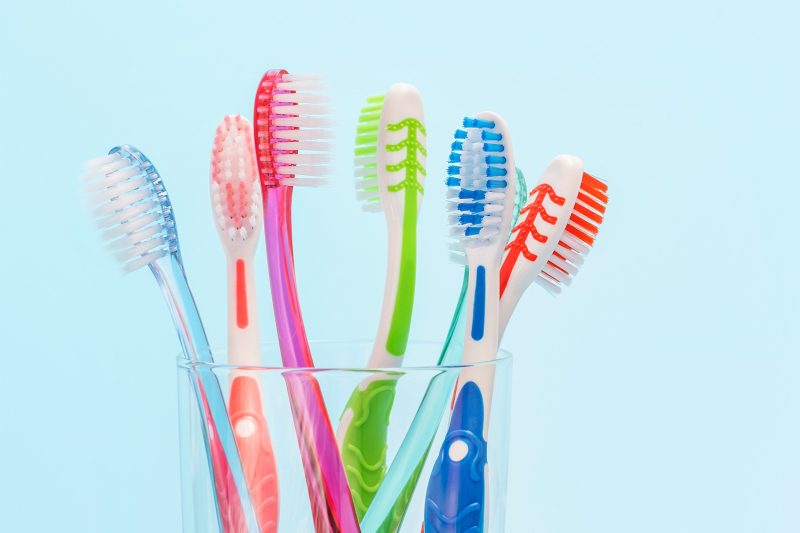Researchers have found an inexpensive tool that may save lives in the hospital — and it comes with bristles on one end.
Investigators from Harvard-affiliated Brigham and Women’s Hospital worked with colleagues from Harvard Pilgrim Health Care Institute to examine whether daily toothbrushing among hospitalized patients is associated with lower rates of hospital-acquired pneumonia and other outcomes. The team combined the results of 15 randomized clinical trials that included more than 2,700 patients and found that hospital-acquired pneumonia rates were lower among patients who brushed daily than among those who did not. The results were especially compelling among patients on mechanical ventilation. The findings are published in JAMA Internal Medicine.
“The signal that we see here toward lower mortality is striking — it suggests that regular toothbrushing in the hospital may save lives,” said corresponding author Michael Klompas, an infectious disease physician at the Brigham, professor at Harvard Medical School, and professor of population medicine at Harvard Pilgrim Health Care Institute. “It’s rare in the world of hospital preventative medicine to find something like this that is both effective and cheap. Instead of a new device or drug, our study indicates that something as simple as brushing teeth can make a big difference.”
The team conducted a systematic review and meta-analysis to determine the association between daily toothbrushing and pneumonia. Using a variety of databases, the researchers collected and analyzed randomized clinical trials from around the world that compared the effect of regular oral care with toothbrushing versus oral care without toothbrushing on the occurrence of hospital-acquired pneumonia and other outcomes.
The analysis found that daily toothbrushing was associated with a significantly lower risk for hospital-acquired pneumonia and mortality in the intensive care unit. In addition, the investigators identified that toothbrushing for patients in the ICU was associated with fewer days of mechanical ventilation and a shorter length of stay in intensive care.
Most of the research in the team’s review explored the role of teeth-cleaning in adults in the ICU. Only two of the 15 studies included in the authors’ analysis evaluated the impact of toothbrushing on non-ventilated patients. The team is hopeful that the protective effect of toothbrushing extends to non-ICU patients but noted the need for further research.
“The findings from our study emphasize the importance of implementing an oral health routine that includes toothbrushing for hospitalized patients,” Klompas said. “Our hope is that our study will help catalyze policies and programs to assure that hospitalized patients regularly brush their teeth. If a patient cannot perform the task themselves, we recommend a member of the patient’s care team assist.”





